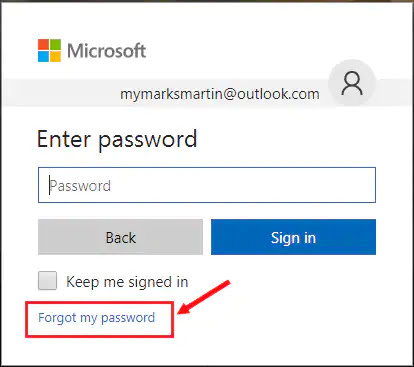Beginners’ guide: How do cryptocurrencies work?
Cryptocurrency (also known as “Crypto”) is a digital currency that created a buzz across the world. If we talk about the crypto market, it generated revenue of more than $3 trillion in just one year in 2021. And, it stems from the fact that People from all walks of life are fascinated by crypto investments.
Well! If you are a greenhorn, you might feel difficulty in understanding the crypto economy-related jargon and complex technicalities.
Considering this, I am here to present an absolute beginner’s guide to aid future crypto influencers. So, no need to waste any ounce, because every second matters in the crypto industry, lets usher in.
What is cryptocurrency?
As I mentioned at the get-go of this read, cryptocurrencies are digital or virtual currencies different from fiat currencies. Here are a few notable points about cryptocurrencies to pay heed to.
Key takeaways:
A type of digital asset known as cryptocurrency relies on a network that is dispersed among several computers. They are also not intervened by the government and other central authorities thanks to their decentralized nature.
Some crypto experts claim that many industries, including banking and law, are expected to be disrupted by blockchain technology.
Low-priced and quicker money transactions and decentralized systems that do not have a single point of failure are two major benefits of cryptocurrencies.
Cryptocurrencies’ drawbacks include their unstable prices, high energy requirements for mining, and usage in illegal activities.
What is Blockchain?
As I have mentioned that cryptocurrencies are based on a technology blockchain so to understand cryptocurrencies you should be familiar with blockchain.
Blockchain technology is an essential technology to allure, safety and usefulness of Bitcoin and other cryptocurrencies. A blockchain, as its name suggests, is simply a collection of linked informational blocks on an online ledger. A group of transactions are contained in each block, and they have all been individually validated by every validator on the network.
It is nearly hard to formulate transaction histories since every newly created block must be verified and checked by each node. And after that, it can be mined.
Understand crypto mining
The technology used to add or interlink blocks is known as cryptography which used complex mathematics and computer science. And, the process of crypto mining involves the process of checking the current transactions of the crypto industry and adding new cryptographically secured, well-encrypted blocks to the existing blocks.
Buying and selling cryptocurrencies
If you want to trade crypto assets, you can do it using a crypto exchange by creating your account there. Yes, apart from buying and selling crypto assets, you can also exchange, stake or hold currencies there.
Well! This “hold” reminded me of a well-known term “HODLing”. You might be wondering, how weird this slang is so let me be precise to clear out your clutter.
HODL stands for “Hold on dear life” which refers to holding coins on your account or crypto wallet. That means holding a crypto asset or selling a crypto asset after holding it for a long, you can earn a fortune.
Although, making quick bucks by selling your purchased crypto assets might be a good choice for novice traders if they can’t afford losses because this industry is quite volatile but it is a wise piece of advice that HODLing (holding your coins) for a long time can be a good strategy to earn massively.
Major Cryptocurrencies
There are more than 22,000 publicly traded cryptocurrencies but a few of them are widely circulated and are providing a total market valuation of hundreds of billions. So, it’s good to have a look at those major assets.
Bitcoin: The most valuable and first established cryptocurrency.
Ethereum: Generally known to carry out financial transactions which are comparatively more complex than Bitcoin-supported transactions.
Cardano: The founder of this currency is one of the co-founders of Ethereum and it is one of the biggest competitors of ETH.
Litecoin: It is a variation of Bitcoin with the vision of making payments easier.
Solana: Another closest competitor of Ethereum which is surpassing the value of ETH in terms of cost-effectiveness.
Dogecoin: The beginning of this coin was not so effective but now it is one of the most precious crypto assets.
Shiba Inu: This asset is a dog-themed token made up of the most secure and complex mechanics.
Stablecoins: This belongs to a class of cryptocurrencies which includes USDC and Tether as well. These coins are called stablecoins as they are designed to stay stable like real-world assets.
Final words!
In a nutshell, Cryptocurrency is a decentralized hard-to-counterfeit or decrypt digital-only cash that works on the technology known as the blockchain. This data piece will be enough to provide you with a good understanding of Cryptocurrencies so after going through this read, you’ll be able to hit the pathway of crypto investment in an effective manner.




Comments
Post a Comment